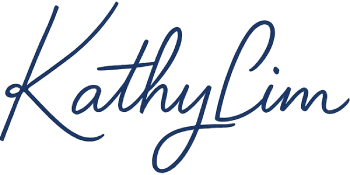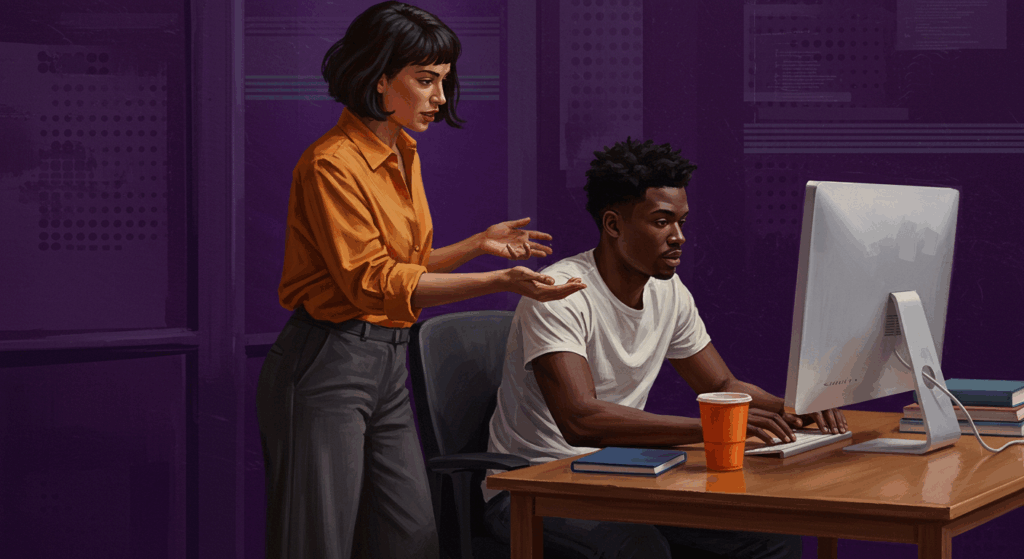Chill Intro: Why “tricky questions” suck but also kinda matter
Hey friend, so, let’s chat. You ever sit for an interview and bam—“What’s your biggest weakness?”—hits you like a random Netflix recommendation that you’re not ready for? I’m telling ya, that question is like sliding into someone’s DMs: you’re nervous AF, not sure what to say, and def don’t want to mess it up.
But here’s the tea: that question isn’t just a weird trap. It’s your secret weapon to show you’re human, self-aware, and growing—not some robot quoting cliché lines. This is where you get to Interview Like a Pro: by owning your stuff, being real, and turning “weakness” into growth.
So, let’s unpack this together—grab your oat milk latte, maybe put on your chillest lo-fi Spotify playlist, and let’s get you feeling ready to slay those awkward questions without turning red.
Why interviewers even ask “What’s your weakness?”
Okay, this is where lots of people roll their eyes and go, “Really? That again?” But the truth is (according to career experts I read), it’s not to trick-bomb you. They wanna peek into whether you’re self-aware, can take feedback, uh—and if you’ll actually fit their vibe. Spoiler: Being vulnerable here isn’t a weakness—it can be your flex.
You know that friend who always seems perfect and never admits they struggle with anything? Kinda meh, right? Self-awareness = hot commodity. So yeah, this question is literally asking: “Can you say you’re human and show you’re working on your stuff?”
Frame it like a pro: pick a real (not fatal) weakness
First off: don’t lie. No “I’m a workaholic” or “I care too much” nonsense (😑). That’s like pretending on dating apps that you love coffee and yoga—you can sense the bs. Career pros say: choose a weakness that’s honest but won’t tank the job, then show you’ve actually been working on it.
Avoid giving a weakness that’s essential to doing the job—like saying you suck at coding when you’re applying as a developer. Instead, think like, hmm… “public speaking,” “asking for help,” or “being too… I don’t know, detail-obsessed.” Nothing that’ll make them groan.
Personal aside: yep, I once panicked asking a question
Full disclosure: back in my uni days, I was sooo shy about raising hands in class—even when I had a burning question, I’d wait ‘til after class and sneak it in. Totally wasted time, and I missed out on group study vibes. But I started forcing myself to ask at least one question in group meetings. And honestly? It helped me speak up outside of class too. Not perfect, but growing.
Structure it with a mini story using STAR-ish style (without being stiff)
You’ve prob heard of the STAR method—Situation, Task, Action, Result. Yes, I know it sounds corporate, but think of it like telling a story in four beats—super relatable.
1. Situation – where you noticed the issue (“I realized I freeze when public speaking, like literally my voice goes weak”).
2. Task – what you needed to handle (“I had to present my group project video-call style during class”).
3. Action – what you did (“signed up for a mini public-speaking workshop and practiced with pals in Zoom karaoke style—I know, weird, but it worked”).
4. Result – what changed (“now I still get jitters, but feedback from friends says I sound more confident, and you know, I survived hearing my own voice on recordings!”)
Framing it like that—not a robotified STAR—but a you story lets you Interview Like a Pro by being structured yet real.
How to pick your weakness and what works well
Here are a few ideas (based on career-speak sources, but translated into our lingo):
- “I get caught up in suuuper detail-stuff.” Like, chasing perfect color for 20 mins when deadline looms. But you’ve started setting mini-deadlines to stop perfectionism.
- “I sometimes don’t ask for help enough.” You wanna figure it out solo, but you learned that teamwork is the dream. Starting asking peers earlier or asking out colleagues for coffee brainstorms.
- “Public speaking used to freak me out.” And you joined Toastmasters or volunteered to speak up in small settings. (This one’s a classic, but still legit if you show progress.
- Anything that isn’t key to the gig. Like if you’re applying for data-entry, saying you’re not amazing at karaoke is irrelevant and weird.
Real talk quotes from Reddit (because, peer-chat wisdom hits differently)
I came across this Reddit gem—someone said:
“It’s better to give a real (but not fatal) weakness and describe the ways you are working towards improving.”
Another user joked:
“Interviewer: What’s your biggest weakness? Me: Honesty. Interviewer: I don’t consider that a weakness. Me: I don’t give a shit what you think /s” (lol)
That’s the vibe—not pretending to be perfect, but owning your quirks.
Other awkward “tricky questions” and how to handle them mid-chat
Okay so “weakness” isn’t the only curveball. There’s that “Why should we hire you?” (ugh), “What motivates you?”, “What really is your biggest achievement?”, or even “Tell me about a time you failed.” Many sources remind us that these are just opportunities in disguise. Use a mini-story, highlight growth, stay authentic.
For example, if asked “What motivates you?”, you might say something like “Seeing last-minute changes turn into a solid project outcome, then celebrating with my team via a Spotify playlist jam session. It’s a vibe.” Personal, casual, memorable.
Sneaky SEO boost—drop Interview Like a Pro naturally
Alright, peppering in Interview Like a Pro but keep it chill:
- Heading idea: How to Interview Like a Pro by Owning Your Weakness
- In body: “Once you reframe that weakness into a growth story, bam—you’re basically heading into the interview like a pro—Interview Like a Pro style.”
- Another spot: “When you land that awkward question, just breathe and remind yourself: this is your chance to Interview Like a Pro by being real, self-aware, and even a little vulnerable (in a good way).”
Three mentions feels natural; they’ll blend right in.
Mini section: Mistakes to avoid (so you don’t face-palm yourself after)
- Don’t lie or give a fake strength-disguised-as-weakness (“I care too much”). Everyone sees that BS a mile away.
- Don’t choose something essential to the role. If you’re interviewing for a barista role, “not being able to multitask” is a bad weak—but “still learning latte art finesse” is fine.
- Don’t over-unpack your answer. Keep it short, honest, then flip to what you’re doing to improve. Audience (interviewer) will thank you.
- Avoid cliches or forgetting to reflect. Saying “I’m shy” without context or growth is meh. Bring it back with “here’s what I’m actually doing about it.”
Wrap-up: you got this, seriously
So, to recap in our chill but real tone:
- Tricky Q’s (like weakness) are actually your chance to Interview Like a Pro by showing self-awareness, humility, growth.
- Pick a real but non-crippling weak; structure it with a small story or STAR-ish narrative; show how you’re getting better.
- Be casual, be human. A few “hmm,” “ngl,” or a tiny typo like “definitley” = human seal of approval.
- Practice with a friend, or record yourself on your phone (no pressure), just so you sound like… you (just, less shaky).
- And remember: interviewers are people too. They want to see your authenticity, not a robot.
Alright, now go grab that next practice session—maybe with your roommate, or even role-play over video call (you’ll nail it). Trust me: once you start owning your story, those “tricky” questions won’t feel so terrifying. You’re not just going through the motions—you’re growing, learning, and ready to Interview Like a Pro (like, seriously). Good luck,









